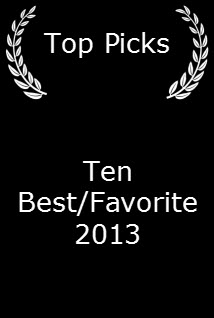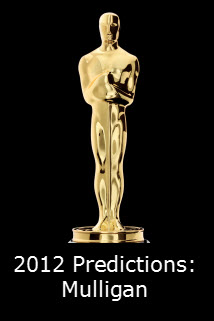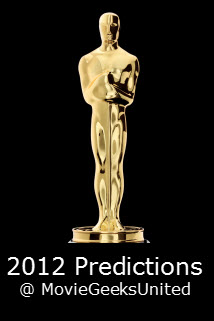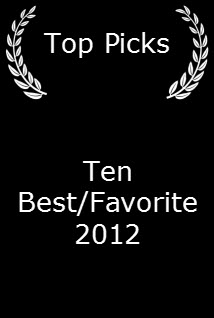Lambert & Stamp (2015)


Content by Tony Macklin. Originally published on May 17, 2015 @ tonymacklin.net.
In contemporary film, there's a genre that is original, bracing and memorable. It's also vastly underappreciated. Most people miss it.
In recent years, the documentary about modern music and musicians has offered a wonderful bounty. It's a special genre.
It's full of almost-guaranteed delights: Muscle Shoals (2013) about the unique Alabama studio; Twenty Steps from Stardom (2013) about gifted back-up singers; The History of the Eagles (2013); Neil Young Journeys (2011) about Young's return to Canada; Searching for Sugar Man (2012); Good Ol' Freda (2013) about the young secretary for the Beatles. And more.
Now a new movie joins the memorable assemblage.
Lambert & Stamp is about The Who and their two managers Kit Lambert and Christopher Stamp. Ironically, the movie Lambert & Stamp finally gives life to the ambitious duo's dream.
Another irony is that neither is around to bask in it. Kit died in 1981, and Chris died in 2012. But their spirit has been salvaged.
They live on in vibrant archival footage, and the movie (directed by first-timer James D. Cooper) is full of interviews with Stamp, who ages as the film evolves. He died before its release.
In the early 1960s, Lambert and Stamp first met in a coffee house in London. They were two opposites. Kit Lambert was the son of Constant Lambert, a renowned composer and classical music conductor. Kit was Oxford-educated, French-speaking, gay, and upper class. Margot Fonteyn was his godmother.
Kit was a Cockney from a working class family. His father worked on a tugboat. Christopher was the younger brother of actor Terrence Stamp. Chris had no thought of university and chased women.
But Kit and Christopher were simpatico; they bonded over French New Wave cinema and their own ambitions. And Kit's phenomenal enthusiasm and business acumen was transforming to Chris and later to The Who.
Kit and Chris became assistant directors. But since making a movie seemed an impossible goal for them, they decided to find an unknown band, manage them, and ultimately make a movie about the experience.
They finally found a group of raucous misfits called High Numbers. Chris and especially Kit fashioned them into the band that eventually became the iconic The Who.
The Who has a fascinating, multi-faceted history, from mod rock to rock opera. It's startling to realize that they had little or no money until Tommy burst on the scene.
The interviews with Pete Townshend shed a revealing light on The Who, its members, and their two managers. The blue-eyed Townshend (one might remember the lyrics of "Behind Blue Eyes") sensitively discusses the evolution of The Who and his own songwriting. He's frank and thoughtful, willing to take some of the blame for the group's troubles.
"I didn't want to be in a band until I was 61," he laughs.
Townshend had art school training, and it influenced his attitude towards the audience. "This is my patron - the audience," he explains. "I don't write songs about me. I write songs about you."
Townshend says Roger Daltrey didn't come into his own until Tommy.
Daltrey says Kit and Chris were, "the 5th and 6th members of the band." He is effusive in his praise of the two mentors.
Townshend and Daltrey come to grips in the film with many of their conflicts, and time seems to have given them a greater understanding of the past.
Director Cooper uses extreme facial close-ups for effect. It decreases the speaker's space. It's an in-your-face technique.
He runs into some impasses in the latter part of the film. He too abruptly introduces Kit's drug addiction. The first 2/3s is about the life and times of a post-war, anti-authority generation. And The Who's climb to success is enticing.
In the last part of the film, Cooper gets a bit bogged down, trying to include the deterioration of relationships and the battle between Townshend and Kit for control of Tommy. As well as the lawsuits between parties. Ironically High Numbers are not as interesting as high notes.
But the vintage images and the feeling of a brilliant but bygone time are indelible. They present a terrific vision.
"Well, who are you? I really want to know."
Lambert & Stamp shows us.








